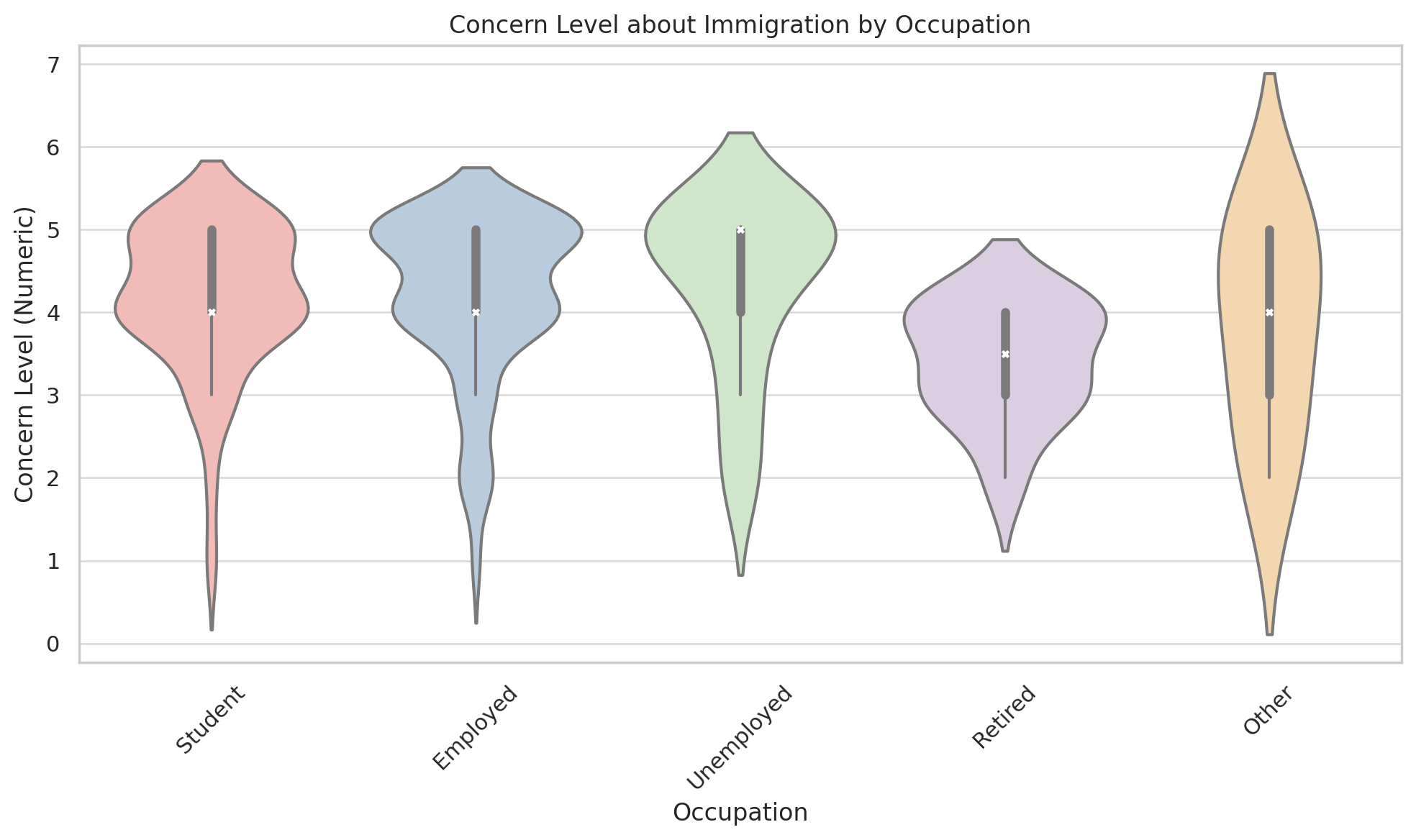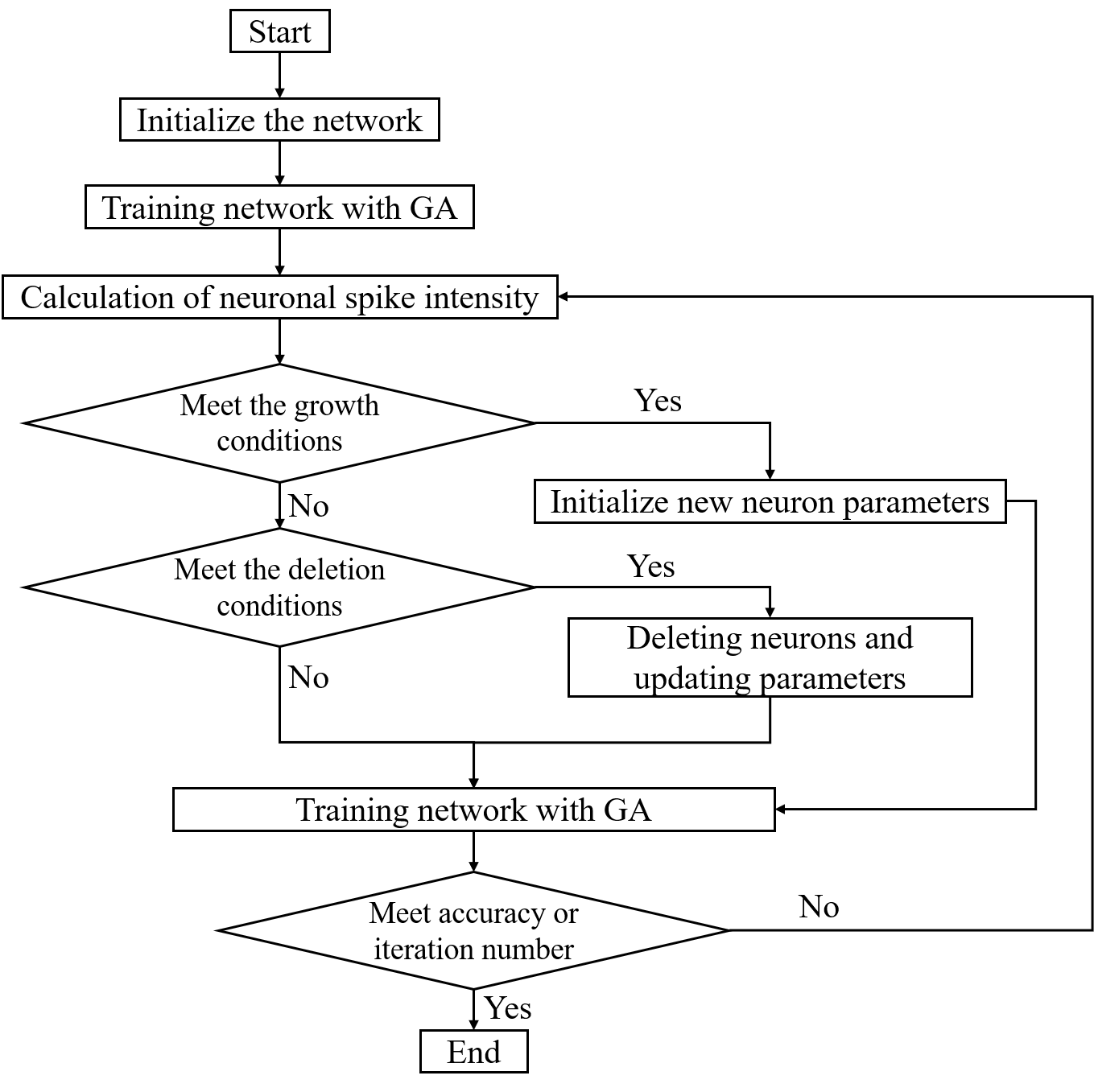 An open access journal
An open access journal
Quantum Computing: Unleashing the Power of Quantum Algorithms
Abstract
Quantum computing has emerged as a groundbreaking technology that has the potential to revolutionize computation. This paper explores the significance of quantum computing, emphasizing its role in solving complex problems, cryptography, and simulations. It delves into various aspects, including quantum algorithms, quantum bits (qubits), and quantum supremacy. The discussion includes the benefits of quantum computing, such as exponentially faster calculations, enhanced security, and novel scientific discoveries. Moreover, the paper addresses the challenges and considerations in building practical quantum computers, including quantum error correction and scalability. Through a review of quantum computing experiments and research, the study highlights the positive outcomes associated with the development of quantum computational systems.
Share and Cite
Article Metrics
References
- Arute, F., Arya, K., Babbush, R., Bacon, D., Bardin, J. C., Barends, R., ... & Roushan, P. (2019). Quantum supremacy using a programmable superconducting processor. Nature, 574(7779), 505-510.
- Feynman, R. P. (1982). Simulating physics with computers. International Journal of Theoretical Physics, 21(6-7), 467-488.
- Grover, L. K. (1996). A fast quantum mechanical algorithm for database search. In Proceedings of the twenty-eighth annual ACM symposium on Theory of computing (pp. 212-219).
- Preskill, J. (2018). Quantum computing in the NISQ era and beyond. Quantum, 2, 79.
- Shor, P. W. (1994). Algorithms for quantum computation: discrete logarithms and factoring. In Proceedings 35th annual symposium on foundations of computer science (pp. 124-134).






